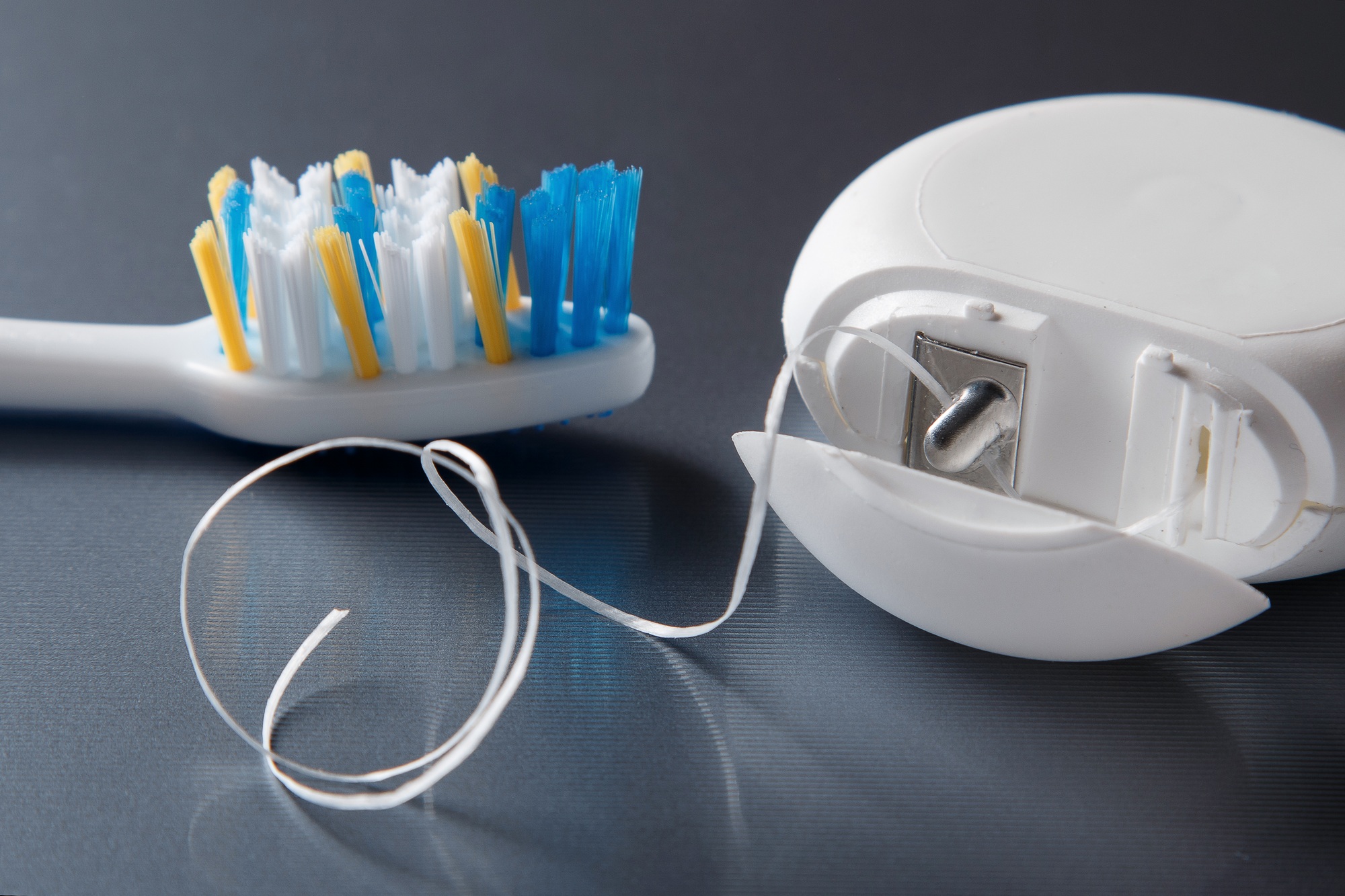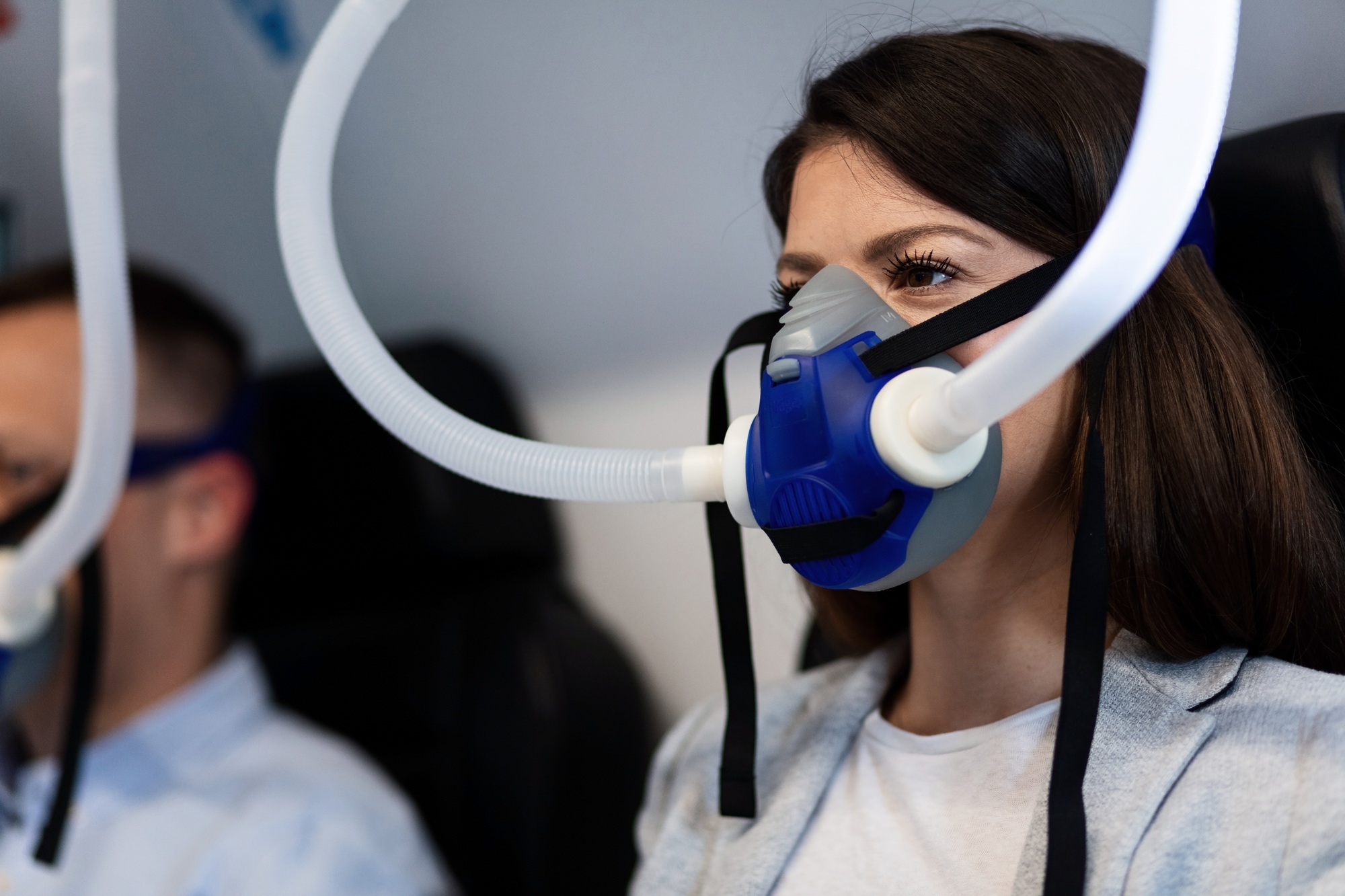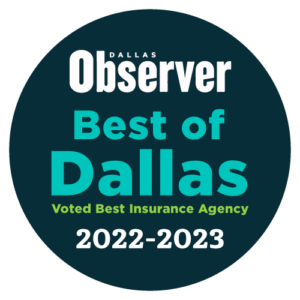
Nutrition for Longevity: How to Eat Well in Your 80s and Beyond
As we age, our nutritional needs evolve, especially for those 80 and beyond. For seniors, good nutrition isn’t just about
Our health insurance blog is a trusted resource, keeping you informed and up-to-date on health insurance, health, and so much more.

As we age, our nutritional needs evolve, especially for those 80 and beyond. For seniors, good nutrition isn’t just about

It’s 7 a.m. You grab your morning coffee and add your usual spoonful (or two) of sugar. By noon, you’re

Have you or someone in your family ever had a close call while using a ladder or step stool? Maybe

Encouraging your children to step outside and enjoy some fresh air offers huge benefits—for both their bodies and their minds.

When stomach trouble strikes, whether it’s heartburn after a hearty meal or an unexpected bout of diarrhea, having a well-stocked

Flossing has many advantages and one of them is reducing heart attacks and strokes. Studies show that chronic gum infections

Ever wondered if the water coming out of your tap is as fresh and clean as it looks? Whether you

Have you been waking up feeling more tired than when you went to bed? Or maybe your back has been

Home oxygen therapy can be a true lifesaver, giving you the freedom to breathe easier and enjoy a better quality

If you’re of senior age and eager to become more active and improve your health, exercise classes designed for older
It’s so simple—grab your vape, take a puff, and tuck it back in your pocket. But have you ever paused

Ever thought about shaking up your routine and trying a 30-day health challenge? These short but impactful programs are a







Healthedly Insurance Services, LLC all rights reserved. Healthedly.com is a non-government website that is owned and operated by Healthedly Insurance Services, LLC, which is a licensed health insurance agency. Healthedly Insurance Services, LLC is not affiliated with or endorsed by the U.S. government, Healthcare.gov or the deferral Medicare program. The purpose of this site is the solicitation of insurance. Contact may be made by an insurance agent/producer of the insurance company. We currently do not offer every plan available in your area. Healthedly Insurance Services, LLC currently represents 10 Medicare carriers, and 801 plans, and has access to plans in all 50 states plus the District of Columbia. Please contact Medicare.gov, 1-800-MEDICARE, or your local State Health insurance Program (SHIP) to get information on all of your options. Not all plans offer all of these benefits. Benefits may vary by carrier and location. Limitations and exclusions may apply. By using this site, you acknowledge that you have read and agree to our Privacy Policy, Do Not Call Policy, Terms of Service and SMS Terms & Conditions.




